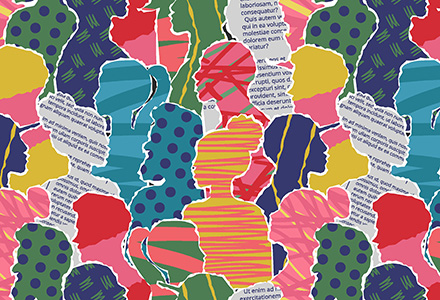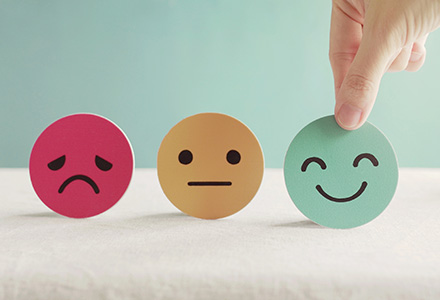Is Your Brand a Little Quirky?
How to be memorable by being real.

|
Brands are like people. They have strengths, weaknesses, histories, and even quirky things that make them unique. And like people, brands don’t always share their unusual sides. Sharing makes us feel vulnerable and less confident—a place both brands and people don’t naturally want to be. But the truth is, it’s our quirky stories and odd characteristics that are most memorable and most human. Embracing what’s abnormalLet me illustrate with my own personal story. My last name is Lillicrap. When people first meet me, they think, hmm, that’s unfortunate. Or is that for real? Yep, it’s real and pronounced just like it’s spelled. Now I could avoid pointing it out as a relevant detail. After all, it’s just a name and we’ve all moved on from middle school. But I’ve found that if I embrace it as a weird and odd thing about me, it actually works in my favor. I point it out early when meeting new clients and use it as an ice breaker. I explain to people that with a last name like Lillicrap you immediately know two things about me. First, I clearly married for love. And second, I can never take myself too seriously. It’s a dumb joke, and I’ve used it too often. But that’s because it works. People laugh and they never forget my name. Showing our authentic side—our faults, our humor, our fears, and the true nature of who we are and what makes us unique—makes us more human and more likable. Sharing vulnerabilities builds trust. When people see you are a vulnerable human just like them, they trust you more, they like you more, and they want to work with you more. The science behind keeping it realBeyond my story and bad joke, I should point out that there is science to back this theory up. Back in 1966, psychologist Elliot Aronson discovered something called the Pratfall Effect. The premise being that minor screw ups can make you more likable. He staged an experiment where actors were recorded taking a quiz. Each actor answers the questions to varying degrees of success. At the end, some of the actors pretended to spill a cup of coffee. Then a set of subjects judged the supposed quiz bowl candidates. Predictably, the subjects liked the candidates better when they answered the questions correctly. But, they liked them even more when they spilled their coffee. These candidates struck a balance between competence and warmth so they seemed credible but also human. Build empathy by being vulnerableBrands benefit in the same way when they are honest and real. If your brand has a quirky side, a strange history, or an unconventional way of doing things, embrace it and share it. Acknowledge that this peculiar thing about the brand is indeed peculiar. Give it context so you can own the story, while you show your confidence by bravely putting it out there. It’s an effective way to make your brand more real. Allowing the world to see your true brand—the good and the odd—builds empathy and trust, two things every brand wants to create with key audiences. |
Audience Insight For Better Branding
Where to find cultural context and how to apply it.
Emotional Connections in Branding
How your brand makes others feel and why it matters.
Build Empathy with Your Audiences
A brainstorming process to figure out what customers want.



